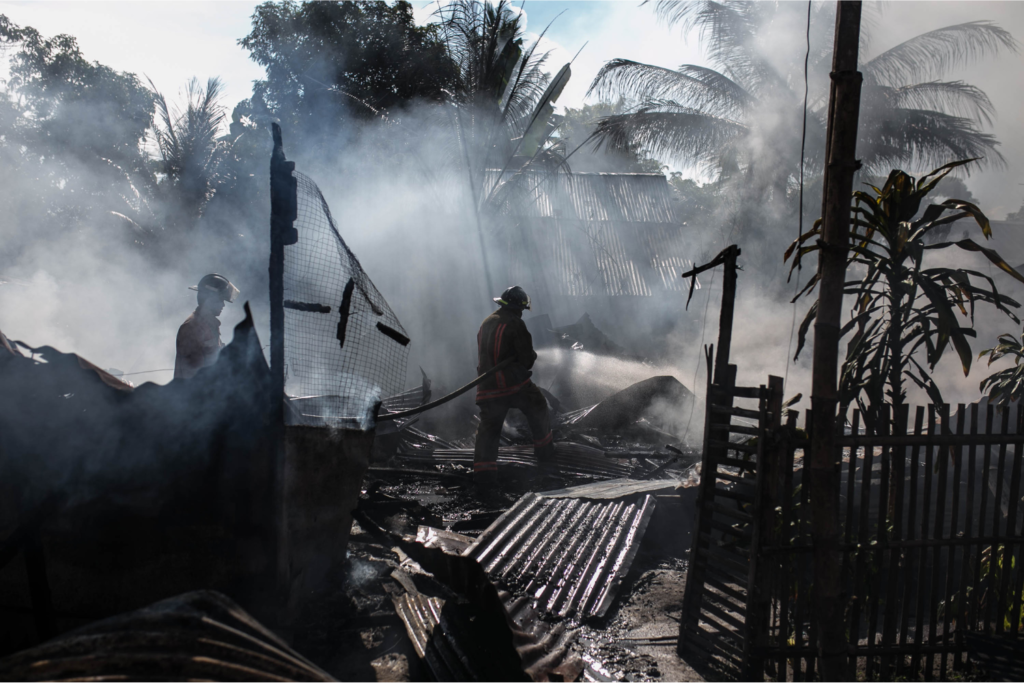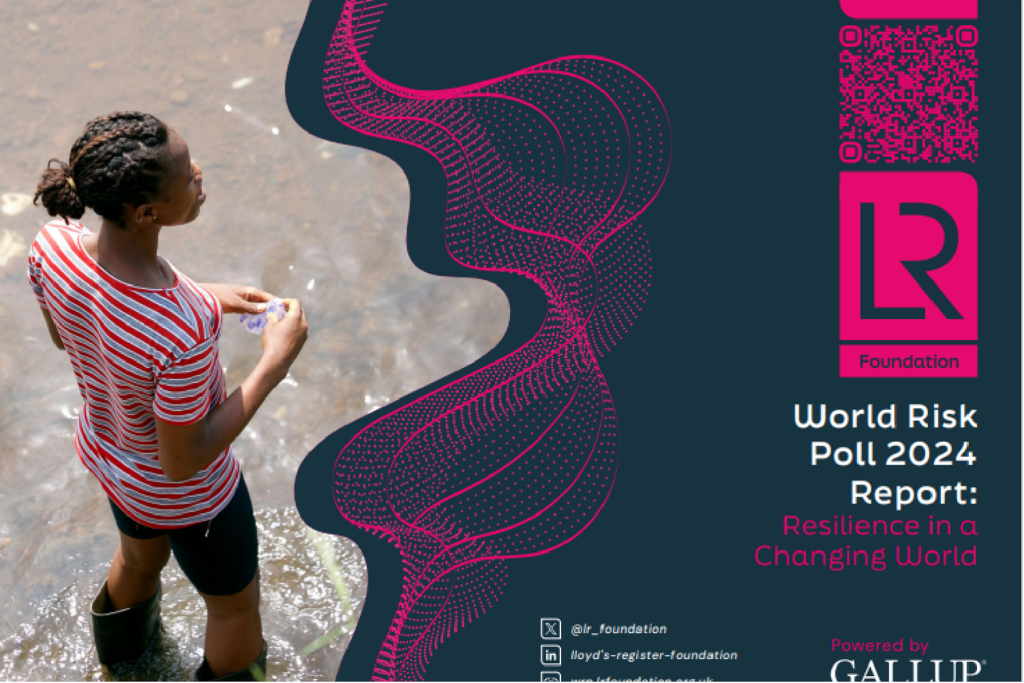Interconnected Disaster Risks: Turning Over a New Leaf
The 2025 Interconnected Disaster Risks report, Turning Over a New Leaf, calls for transformative societal changes to address escalating global crises. It outlines five essential shifts: rethinking waste, realigning with nature, reconsidering responsibility, reimagining the future, and redefining value to prioritize planetary health over economic growth. The report introduces the Theory of Deep Change, advocating […]
Interconnected Disaster Risks: Turning Over a New Leaf Read More »










